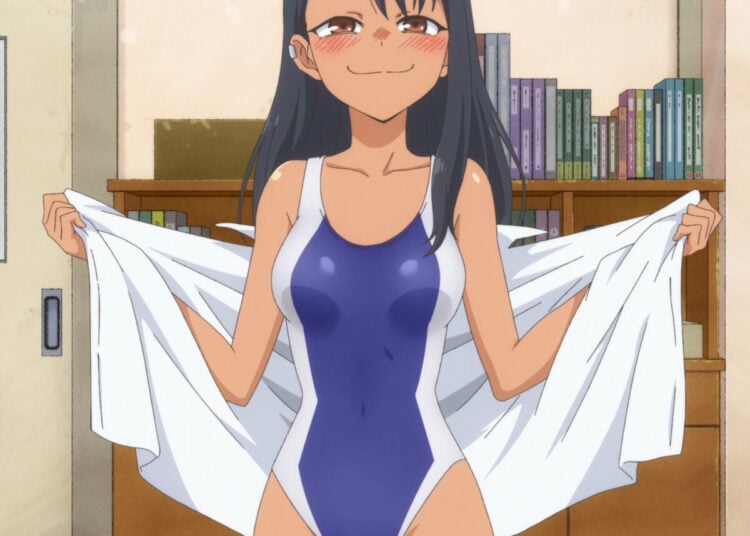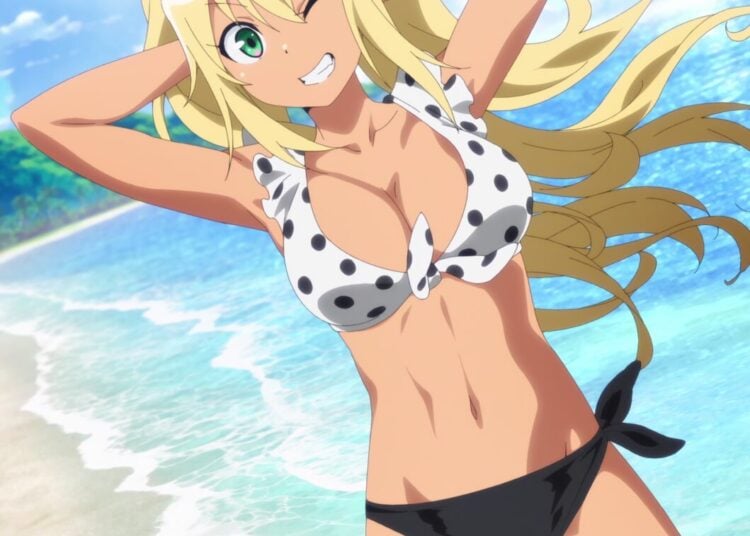Growing up, my MP3 player would shuffle between full versions of Naruto opening themes and songs from punk rock and ska bands like NOFX, Less than Jake, and Millencolin. It was around the time the 6th Naruto opening (No Boy, No Cry by Stance Punks) came out that I started to question what role — if any — punk rock had in the Japanese music industry.
Over the years to follow, I found a handful of really great Japanese punk (and punk-adjacent) bands, such as Thee Michelle Gun Elephant, TOTALFAT, and Husking Bee. While the language barrier didn’t stop me from enjoying the music, it certainly stopped me from understanding the message — something I didn’t have trouble with when it came to English-singing bands.
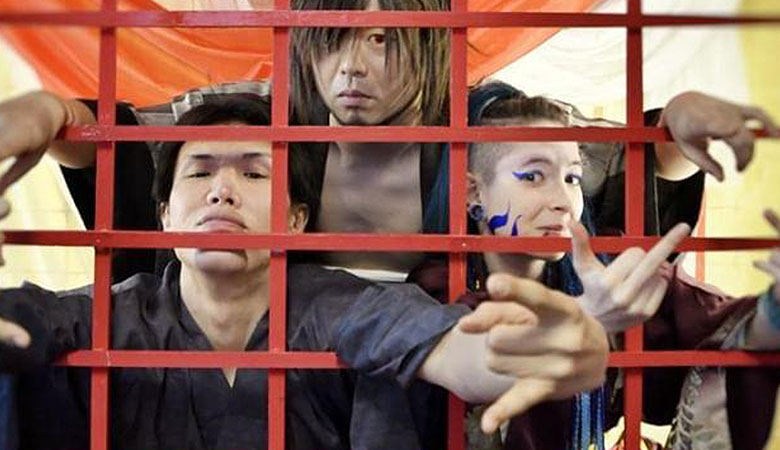
I sat down with Coral — a self professed crazy cat lady living in Tokyo — who also happens to be the bassist of Tokyo-based three-piece punk band Blue Straight, to get a glimpse into the Japanese punk scene, learn more about Japanese music in general, and to see how it compares to the Western punk scene.
ZACH: First off, tell us a bit about yourself, your band, and how you came to be involved in the Japanese punk music scene.
CORAL: Hi, my name is Coral! I’m from Croatia, now living in Tokyo. I’m a crazy cat lady and a straight edge punk rock girl. I met Kingo (guitar/vocals) 5 years ago and joined his band, Blue Straight, that he had just formed. We’ve been best friends ever since. We’ve changed like 4 drummers in the last 4 years, but thanks to them quitting, we finally met our band soulmate Kiri (drums, ex. Siva). The three of us are like family.
When I lived in Croatia, I was bullied for being different. I never fit in anywhere. My dream was to be in a band in Japan, and to help people who feel like they don’t belong to find the place they’re meant to be… our band focuses on that. We believe everyone deserves happiness.
Z: Tell us a bit about the Japanese music scene, especially live music. What haven’t people experienced if they don’t know about the scene here?
C: The music scene here is, uh, where do I begin? It’s chaos! [laughs] There are sooo many bands! All kinds of bands. Bands who play wearing suits. Bands who play wearing makeup. Bands who play naked. High school kid bands. 70-year-old-people bands. You can find anything here! The punk scene, however, is a bit quieter, but not quite dead. It has more of a cult following.
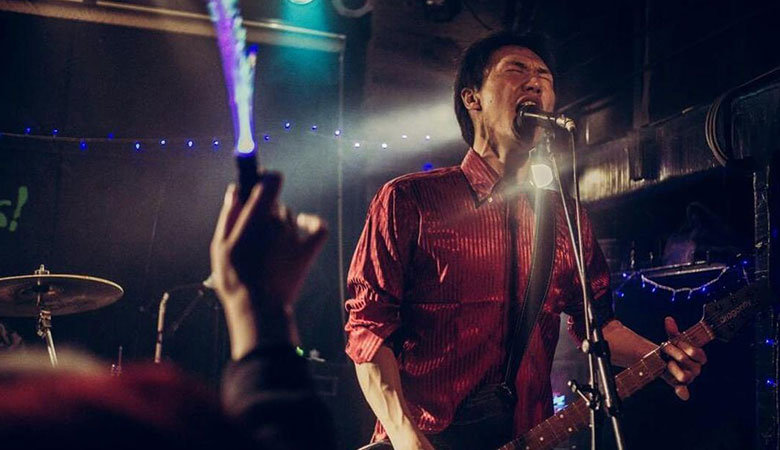
Z: I know there is a lot of love for punk and punk-related bands like Ramones, Less than Jake, etc. Who would a Japanese punk fan consider to be the most important punk band to come out of Japan?
C: I feel like Japanese people actually prefer Japanese punk bands to American ones. We have a ton of Ramones cover bands, but if you ask any Japanese punk fan, they’ll usually say Mongol800 and Hi-Standard are the punk rock gods of Japan.
Z: A lot of punk music — at least in the West — involves challenging the status quo, protesting various inequalities (whether they be political, economical, gender-related, etc.), and even drug or alcohol addiction. What kind of messages do Japanese punk songs have?
C: Punk-rockers here are actually really peaceful. [laughs] Although sometimes, you can find Nazi punk bands, which is, like, so ridiculous because they don’t even know anything about Nazis; the whole concept is just fashion for them. People here don’t really go outside their comfort zone.
Most Japanese punk bands don’t tend to have any sort of messages like these, but we have a subgenre of punk called Seishun punk (youth punk) that is about following your dreams, never giving up — positive messages like that.
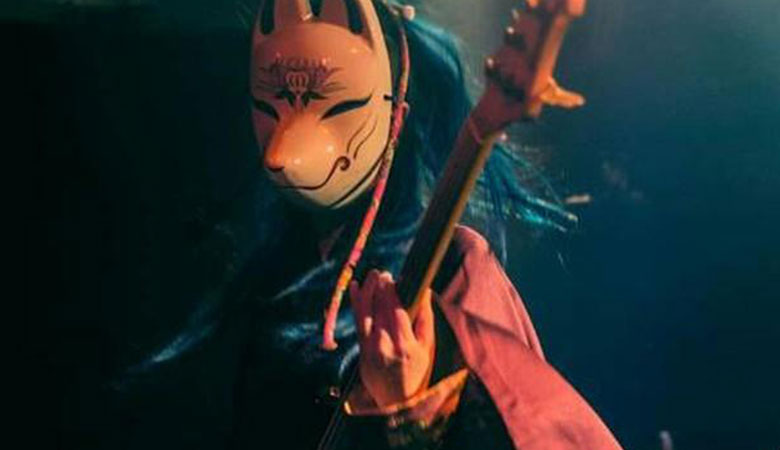
Z: So Blue Straight would be Seishun punk then?
C: Yeah, definitely!
Z: Another sort of similar question is that punk rock music in the west often challenges the role of police in society. Does this carry over to Japan too?
C: Not at all. To quote our ex-drummer (who was from America), “Japanese punk is quite tame in comparison; it’s almost like punk for kids.”
Z: What’s the craziest experience you can recall performing in Japan?
C: We once played with a band who had Christmas tree lights hanging off their penises. They sang about fucking everybody’s grandmas and grandpas. [laughs] It was an interesting experience.
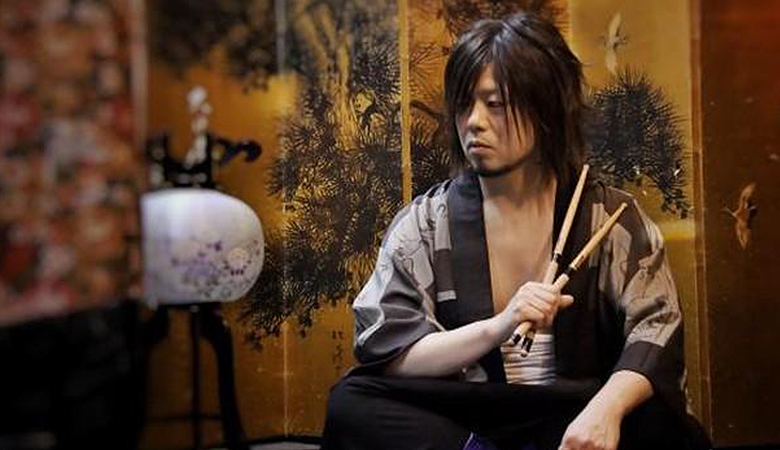
Z: Aside from your band, Blue Straight, what are some Japanese punk bands you would recommend everyone listen to?
C: I think Japaharinet and Taiyozoku are good, positive punk bands. If you can stomach some broken English, Hi-Standard is great too!
Z: And for our readers in Japan (or those planning a trip over here), what live houses would you recommend they check out for punk music?
C: Ah, with live houses… that can be tricky. There are so many, and it can be hit or miss. That said, Koenji CLUB ROOTS and Shimokitazawa Shelter often have some good punk rock events!
Huge thanks to Coral for taking the time to sit down with me. You can check out her band — Blue Straight — on their website or on Facebook. Do you have a favorite Japanese punk band? Let us know in the comments!


